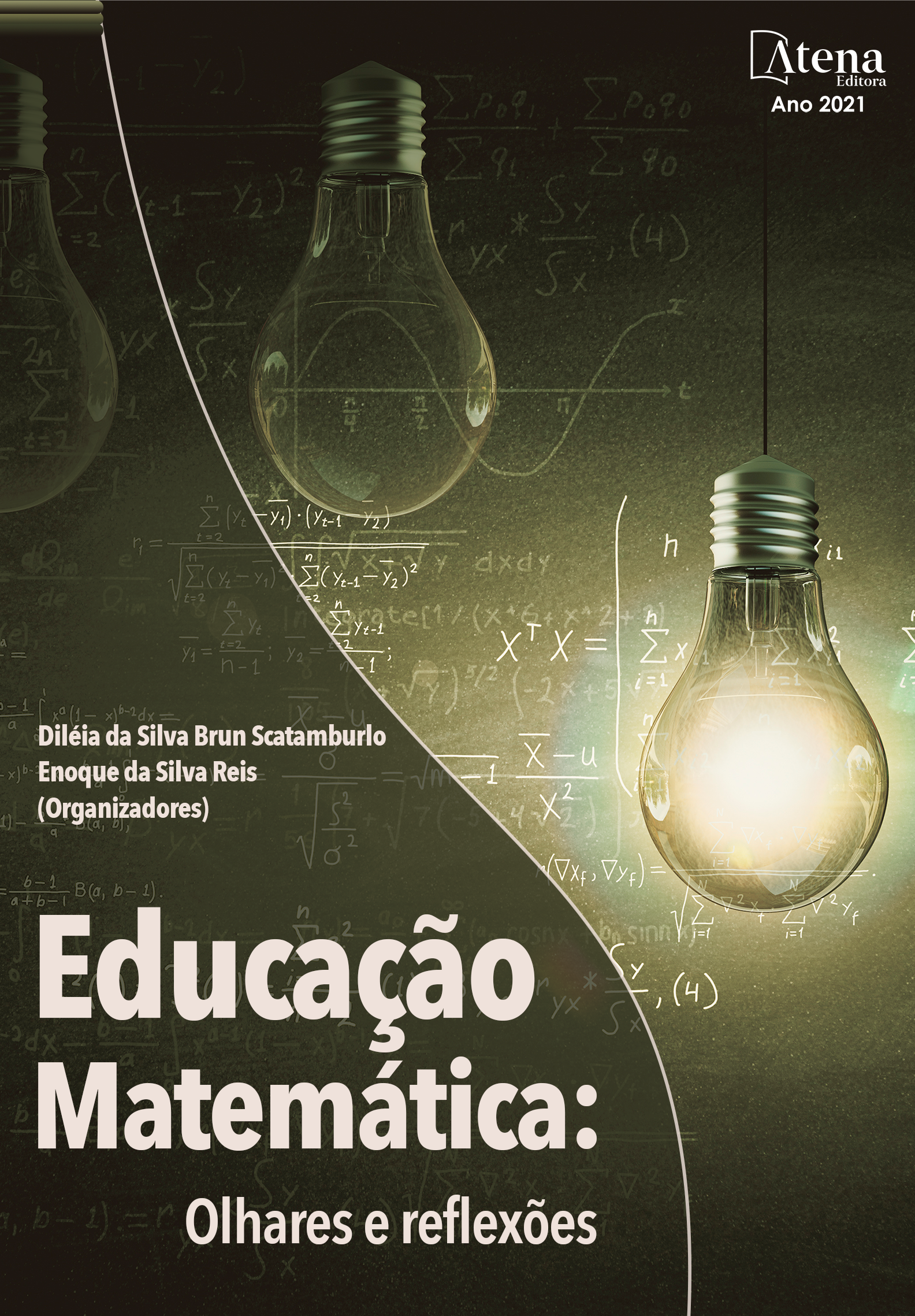
TRANSTORNO DO ESPECTRO DO AUTISMO (TEA) E A APRENDIZAGEM DA MATEMÁTICA
O presente trabalho busca fazer uma análise do contexto histórico e desenvolvimento do Transtorno do Espectro do Autismo. Sabendo que o Transtorno do Espectro do Autismo (TEA) é uma perturbação Neurobiológica que apresenta características comportamentais individualizadas, alterações graves na socialização e na comunicação, e que eleva as crianças a uma necessidade educativa especial, propõe-se uma análise do Déficit de aprendizagem de Matemática. A abordagem metodológica da pesquisa foi um ensaio teórico qualitativo do tipo bibliográfico. Para tanto, recorreu-se aos principais sites da Coordenação de Aperfeiçoamento de Pessoal de Nível Superior (CAPES), como: Plataforma Sucupira, Periódicos CAPES, Diretório dos Grupos de Pesquisa no Brasil, bem como a partir de concepções teóricas propostas por Rosenberg (2011), Kuczynski (2011), Schwartzman (2011), Brites e Brites (2019), Lima (2015), entre outros. Pretende-se com esta pesquisa evidenciar as alterações e perturbações do ensino da Matemática que pessoas no Transtorno do Espectro do Autismo podem apresentar durante sua aprendizagem, as alterações neurocognitivas e quais estímulos são necessários para que a pessoa no Autismo seja capaz de desenvolver suas habilidades da cognição numérica e capacidades neurocognitivas relacionadas com a Matemática. Desta maneira, pretende-se neste artigo abordar a importância da Matemática na vida da pessoa no Transtorno do Espectro do Autismo, de modo que a partir da contribuição desta pesquisa possa despertar reflexões para futuras investigações sobre ensino da Matemática para pessoas no TEA.
TRANSTORNO DO ESPECTRO DO AUTISMO (TEA) E A APRENDIZAGEM DA MATEMÁTICA
-
DOI: 10.22533/at.ed.90021040810
-
Palavras-chave: Transtorno do Espectro do Autismo; Aprendizagem; Matemática.
-
Keywords: Autism Epectrum Disorder; Learning; Mathematics.
-
Abstract:
The presente work seeks to analyze the historical contexto and development of the Autism Spectrum Disorder. Knowin that Autism Spectrum Disorder (ASD) is a neurobiologial disorfer that presentes indiviudalized behavioral characteristics, severe changes in socialization and communication, and that elevantes children to a special educational need, na analysis of the Learning Defitici of Math, The Methological apporach of the research was a quatlitative theoretical essay of the bibliographic type. To do so, we resorted to the main sites of the coordination for the improvemente of Higher Education Personal CAPES), such as: Sucupira Platform, CAPES Journals, Directory of Research Groups in Brazil; as well as from theoretical concepts proposed by Rosenberg (2011), Kuczynski (2011), Schwartzman (2011), Brites e Brites (2019), Lima (2015), Kuczynski among others. The aim of this reserarch is to highlight the changes and disturbances about the teaching of mathematics that people with Autism Spectrum Disorder can presente during their learning, neurocognitive changes and what stimuli are necessary for the person with Autismo to be develop their skills of numerical cogition and Mathematics- related neurognitive abilities. Thus, this article intends to address the importance of mathematics in the life of the person in the Autism Spectrum Disorder, as weel as that, from this contribution, this research awakens reflextions for futures investigations about the teaching of Mathematics for people in ASD.
-
Número de páginas: 10
- Mislane Santiago Coelho
- Ana Paula Leite Cardiliquio
- Hemerson Milani Mendes
- Julia Cristina Feitoza Mota
- Maria Madalena Leite da Costa
- Diléia da Silva Brun Scatamburlo


